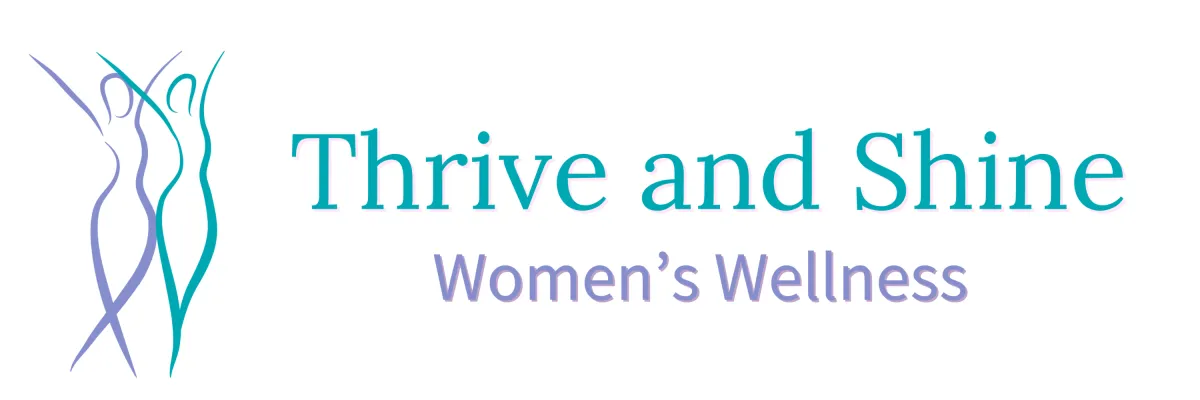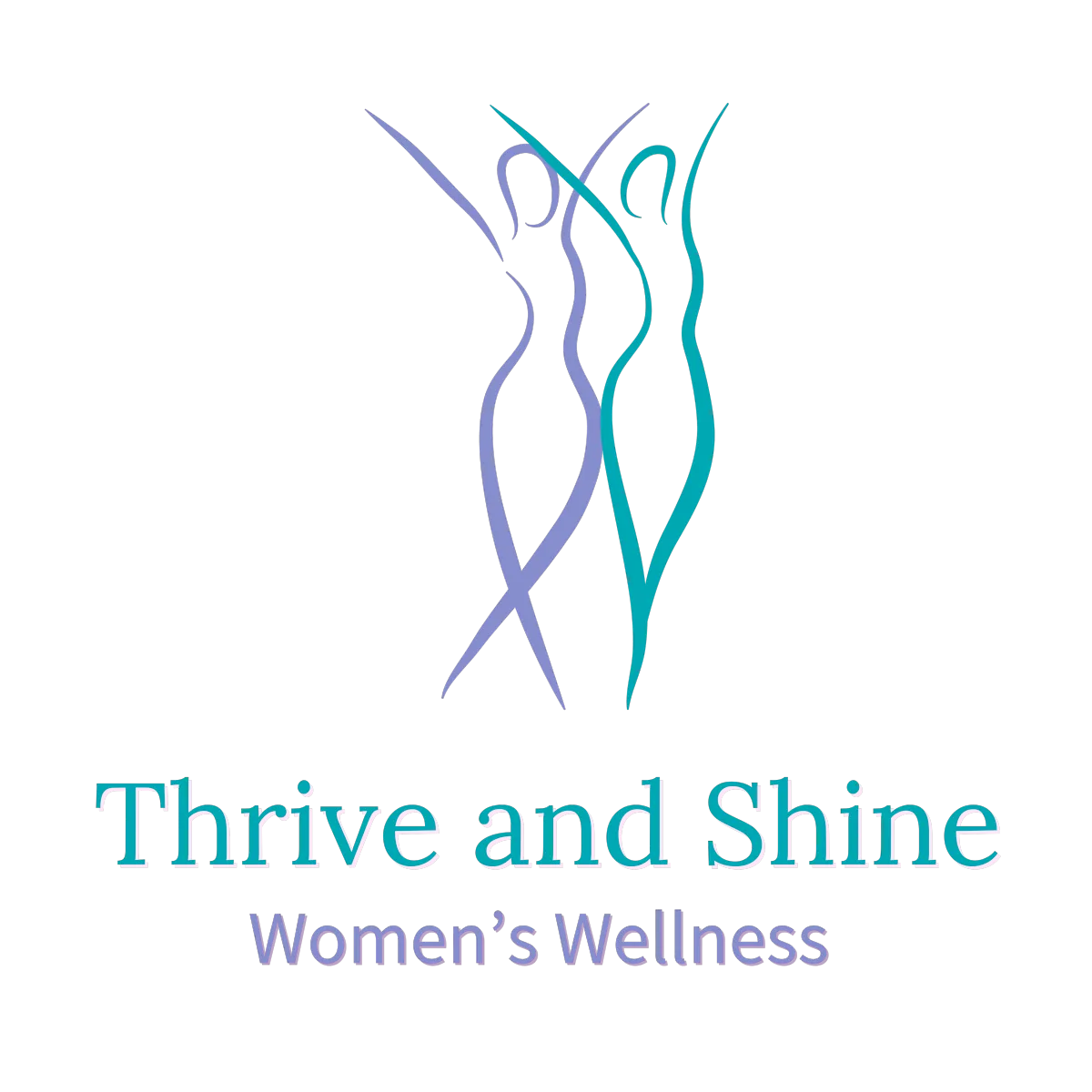

BLOG
Step into Your Power. Learn, Transform, Thrive in Life Transitions. Embrace Your Best Self.

Is your hair or skincare routine affecting your health?
Is your hair or skincare routine affecting your health?
Did you know that some products contain chemicals that can affect our hormone balance and even increase the risk of cancer? These compounds are called xenoestrogens or endocrine-disrupting chemicals (EDCs). They are synthetic compounds with oestrogen-like properties, disrupting the body’s normal hormonal balance by binding to oestrogen receptors. This disruption can cause oestrogen dominance by competing with natural oestrogen and disrupting feedback mechanisms, leading to elevated oestrogen levels. Conversely, they may also cause low oestrogen levels by interfering with the normal functioning of the endocrine system, preventing natural oestrogen from binding to receptors and reducing its effects.
Either way, they affect the delicate balance of hormones and have been linked to various symptoms:
- Irregular menstrual cycles
- Menstrual cramps
- Hormonal mood swings
- Breast tenderness
- Weight gain or difficulty losing weight
- Acne or skin issues
- Reproductive disorders: infertility, ovarian dysfunction, and endometriosis
- Worsening menopausal symptoms
Endocrine-disrupting chemicals could also possibly lead to cancer by disrupting the body's hormone balance, damaging DNA, and interfering with the immune system, making it easier for cancer cells to grow and spread.

Where would you find xenoestrogens?
1. Personal Care Products:
- Parabens: Found in cosmetics, skincare products, shampoos, and deodorants.
- Phthalates: Used in fragrances, nail polishes, and hair sprays to increase flexibility and durability.
- Triclosan: Found in antibacterial soaps, toothpaste, and deodorants for its antimicrobial properties.
2. Plastic Products:
- Bisphenol A (BPA): Present in plastic containers, water bottles, food can linings, and baby bottles.
- Phthalates: Used in plastic food packaging, vinyl flooring, and shower curtains.
3. Food:
- Pesticide Residues: Chemicals such as atrazine and DDT may be present in conventionally grown fruits, vegetables, and grains.
- Hormones: Estrogenic hormones may be used in livestock farming to promote growth and increase milk production, potentially leading to exposure through meat and dairy products.
4. Environmental Sources:
- Polychlorinated biphenyls (PCBs): Found in contaminated soil, water, and air near industrial sites or waste disposal areas.
- Dioxins: By-products of industrial processes like waste incineration, found in air, water, soil, and fatty animal products.
5. Household Products:
- Cleaning Supplies: Some household cleaners contain phthalates, triclosan, or other endocrine-disrupting chemicals.
- Air Fresheners: Phthalates may be used as fragrance carriers in air fresheners and scented candles.Ensure quality sleep, as deep sleep aids in the body's repair processes. Establish a consistent sleep schedule, practice a wind-down routine, and limit screen time before bed to improve sleep quality.

How can you avoid the effects of these chemicals?
1. Opt for BPA-free: Choose plastics labelled BPA-free and avoid canned goods with BPA linings.
2. Check product labels: Look out for ingredients like parabens, phthalates, and triclosan in personal care items.
3. Choose organic options: Select organic produce to steer clear of harmful pesticides.
4. Minimise processed foods: Reduce intake of packaged foods to avoid added chemicals.
5. Use glass or ceramic: Store food in glass or ceramic containers instead of plastic.
6. Avoid synthetic fragrances: Skip air fresheners and perfumes with synthetic fragrances containing phthalates.
If you are struggling with hormonal imbalances, take a closer look at the products you are using and consider switching if any contain EDCs. If you continue to experience difficulties, feel free to reach out to learn how lifestyle changes and my services can help improve your symptoms.

Sign up for our newsletter.
BLOG
Step into Your Power.
Learn, Transform, Thrive in Life Transitions.
Embrace Your Best Self.

Is your hair or skincare routine affecting your health?
Is your hair or skincare routine affecting your health?
Did you know that some products contain chemicals that can affect our hormone balance and even increase the risk of cancer? These compounds are called xenoestrogens or endocrine-disrupting chemicals (EDCs). They are synthetic compounds with oestrogen-like properties, disrupting the body’s normal hormonal balance by binding to oestrogen receptors. This disruption can cause oestrogen dominance by competing with natural oestrogen and disrupting feedback mechanisms, leading to elevated oestrogen levels. Conversely, they may also cause low oestrogen levels by interfering with the normal functioning of the endocrine system, preventing natural oestrogen from binding to receptors and reducing its effects.
Either way, they affect the delicate balance of hormones and have been linked to various symptoms:
- Irregular menstrual cycles
- Menstrual cramps
- Hormonal mood swings
- Breast tenderness
- Weight gain or difficulty losing weight
- Acne or skin issues
- Reproductive disorders: infertility, ovarian dysfunction, and endometriosis
- Worsening menopausal symptoms
Endocrine-disrupting chemicals could also possibly lead to cancer by disrupting the body's hormone balance, damaging DNA, and interfering with the immune system, making it easier for cancer cells to grow and spread.

Where would you find xenoestrogens?
1. Personal Care Products:
- Parabens: Found in cosmetics, skincare products, shampoos, and deodorants.
- Phthalates: Used in fragrances, nail polishes, and hair sprays to increase flexibility and durability.
- Triclosan: Found in antibacterial soaps, toothpaste, and deodorants for its antimicrobial properties.
2. Plastic Products:
- Bisphenol A (BPA): Present in plastic containers, water bottles, food can linings, and baby bottles.
- Phthalates: Used in plastic food packaging, vinyl flooring, and shower curtains.
3. Food:
- Pesticide Residues: Chemicals such as atrazine and DDT may be present in conventionally grown fruits, vegetables, and grains.
- Hormones: Estrogenic hormones may be used in livestock farming to promote growth and increase milk production, potentially leading to exposure through meat and dairy products.
4. Environmental Sources:
- Polychlorinated biphenyls (PCBs): Found in contaminated soil, water, and air near industrial sites or waste disposal areas.
- Dioxins: By-products of industrial processes like waste incineration, found in air, water, soil, and fatty animal products.
5. Household Products:
- Cleaning Supplies: Some household cleaners contain phthalates, triclosan, or other endocrine-disrupting chemicals.
- Air Fresheners: Phthalates may be used as fragrance carriers in air fresheners and scented candles.Ensure quality sleep, as deep sleep aids in the body's repair processes. Establish a consistent sleep schedule, practice a wind-down routine, and limit screen time before bed to improve sleep quality.

How can you avoid the effects of these chemicals?
1. Opt for BPA-free: Choose plastics labelled BPA-free and avoid canned goods with BPA linings.
2. Check product labels: Look out for ingredients like parabens, phthalates, and triclosan in personal care items.
3. Choose organic options: Select organic produce to steer clear of harmful pesticides.
4. Minimise processed foods: Reduce intake of packaged foods to avoid added chemicals.
5. Use glass or ceramic: Store food in glass or ceramic containers instead of plastic.
6. Avoid synthetic fragrances: Skip air fresheners and perfumes with synthetic fragrances containing phthalates.
If you are struggling with hormonal imbalances, take a closer look at the products you are using and consider switching if any contain EDCs. If you continue to experience difficulties, feel free to reach out to learn how lifestyle changes and my services can help improve your symptoms.

Sign up for our newsletter.



